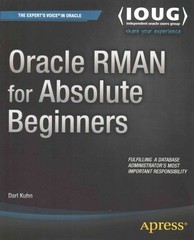Question
Assume that you have a variable called count that takes on the values 1, 2, 3, 4, and so on. You are to formulate expressions
Assume that you have a variable called count that takes on the values 1, 2, 3, 4, and so on. You are to formulate expressions in terms of count that will yield the following sequences. For example, if you wanted to create the sequence 3, 5, 7, 9, 11, 13, ..., you should immediately note that each number in the sequence can be obtained by adding 2 to the preceding number. Note also that the expression (count * 2) would produce the sequence 2, 4, 6, 8, 10, 12, .... Finally, we need only shift the expression (count * 2) by the amount needed to produce the first number of the sequence (+1). It follows that the needed expression is (count * 2) + 1 for the sequence 3, 5, 7, 9, 11, 13, ... in terms of count.
Using the same procedure, fill in the table below, indicating an expression that will generate each sequence.
| Sequence | Expression |
| 3, 9, 15, 21, 27, 33, |
|
| 33, 21,9, -3, -15, -27, |
|
| -9, -5, -1, 3, 7, 11, |
|
Step by Step Solution
There are 3 Steps involved in it
Step: 1

Get Instant Access to Expert-Tailored Solutions
See step-by-step solutions with expert insights and AI powered tools for academic success
Step: 2

Step: 3

Ace Your Homework with AI
Get the answers you need in no time with our AI-driven, step-by-step assistance
Get Started


